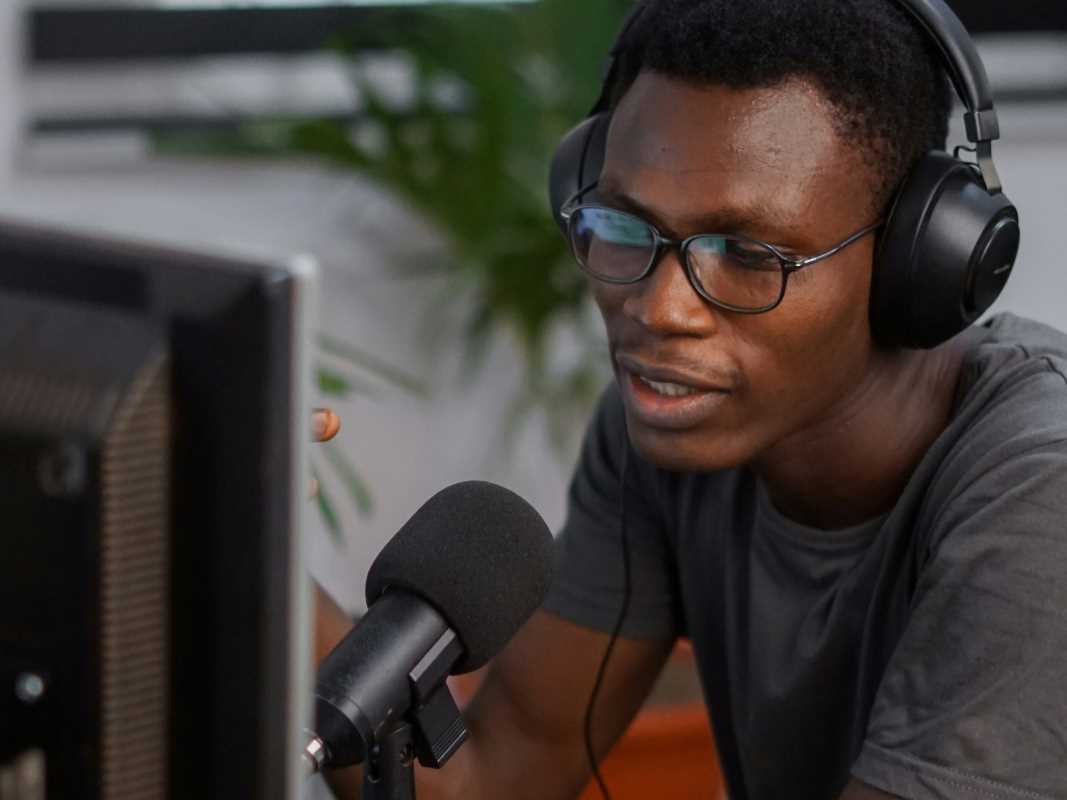Remember when you were a kid and your dad spent Sunday mornings hunched over the newspaper, working through crossword puzzles with his morning coffee? Maybe you rolled your eyes then, thinking it was just another boring adult hobby. But here's the thing your old man knew that you're probably just discovering now: puzzle-solving isn't just a way to kill time – it's one of the most effective workouts your brain can get.
Think about it. You wouldn't expect to maintain your physical strength by sitting on the couch all day, right? Your brain works the same way. Just like your muscles need resistance training to stay strong, your mind needs mental challenges to keep firing on all cylinders. And that's where puzzles come in – they're like a full-body workout for your brain, hitting different cognitive muscles you didn't even know you had.
Your Brain: More Complex Than Your Smartphone
Let's start with the basics. Your brain contains roughly 86 billion neurons – that's more connections than there are stars in our galaxy. These neurons are constantly talking to each other, creating pathways that help you think, remember, and solve problems. When you tackle a puzzle, you're essentially forcing these pathways to work overtime, strengthening the connections between different parts of your brain.
It's like upgrading your mental operating system. Every time you work through a challenging crossword, sudoku, or jigsaw puzzle, you're building new neural highways and reinforcing existing ones. This process, called neuroplasticity, means your brain can literally rewire itself to become more efficient and capable.
The Multi-Tool Effect: Different Puzzles, Different Benefits
Not all puzzles are created equal, and that's actually a good thing. Just like you wouldn't do only bicep curls at the gym, you shouldn't limit yourself to just one type of brain teaser. Different puzzles target different cognitive skills, giving you a well-rounded mental workout.
Crossword puzzles are like the Swiss Army knife of brain training. They hit multiple cognitive areas at once – vocabulary, memory, pattern recognition, and general knowledge. When you're trying to remember that seven-letter word for "baseball great from the Bronx Bombers," you're not just recalling facts. You're strengthening the connections between your language centers and your long-term memory storage.
Sudoku puzzles are all about logic and systematic thinking. They teach your brain to approach problems methodically, breaking down complex challenges into manageable steps. It's the same kind of analytical thinking you use when troubleshooting that weird noise your car's been making or figuring out why your Wi-Fi keeps cutting out during the big game.
Jigsaw puzzles work your visual-spatial processing and patience – two things that come in handy whether you're reorganizing the garage or trying to fit a new entertainment center into your living room. They also engage both sides of your brain simultaneously: the left side handles the logical, systematic approach, while the right side processes the visual and creative elements.
Word searches might seem simple, but they're actually excellent for improving your attention span and visual scanning abilities. In our age of constant notifications and digital distractions, these skills are more valuable than ever.
The Science Behind the Benefits
Here's where things get really interesting. Researchers have been studying the effects of puzzle-solving on the brain for decades, and the results are pretty impressive. Studies show that regular puzzle-solving can improve working memory, processing speed, and problem-solving abilities. It's like upgrading your brain's RAM and processor at the same time.
One particularly fascinating study followed adults over 50 for ten years and found that those who regularly did word puzzles had brain function equivalent to people ten years younger. Let that sink in for a minute – solving puzzles literally keeps your mind younger.
Another study found that people who do crossword puzzles regularly have a lower risk of developing dementia. The researchers believe this happens because puzzle-solving builds up what they call "cognitive reserve" – basically, a buffer that helps your brain compensate when age-related changes start to occur.
Beyond the Obvious: Hidden Benefits You Didn't See Coming
While the cognitive benefits are impressive enough, puzzle-solving delivers some unexpected bonuses that make it even more valuable for guys in their 40s, 50s, and beyond.
Stress relief is a big one. When you're focused on finding that last corner piece or cracking a particularly tricky clue, your mind takes a break from worrying about work deadlines, mortgage payments, or that conversation you need to have with your teenager. It's like meditation, but more engaging and less likely to make you fall asleep.
Better sleep is another surprising benefit. The focused concentration required for puzzle-solving helps quiet the mental chatter that often keeps us up at night. Many puzzle enthusiasts report falling asleep faster and sleeping more soundly on days when they've spent time working on brain teasers.
Increased patience and persistence develop naturally when you're working on challenging puzzles. These aren't just useful for puzzle-solving – they transfer to real-life situations. That project at work that seemed impossible? You'll approach it with the same systematic persistence you use to solve a 1000-piece puzzle.
Making Puzzles Work for Your Lifestyle
The beauty of puzzle-solving as a brain workout is its flexibility. Unlike going to the gym, you don't need special equipment or a specific time slot. You can squeeze in a few crossword clues during your morning coffee, work on a sudoku during lunch, or tackle a jigsaw puzzle while watching TV in the evening.
Start small and build up gradually, just like you would with physical exercise. If you're new to crosswords, don't jump straight to the Sunday New York Times puzzle – that's like trying to deadlift 300 pounds on your first day at the gym. Begin with easier puzzles and work your way up as your skills improve.
Technology can be your friend here. Puzzle apps on your phone mean you always have a brain workout available, whether you're waiting for an appointment or taking a break at work. But don't overlook the tactile satisfaction of pen-and-paper puzzles or the social aspect of working on a jigsaw puzzle with family or friends.
The Long Game: Building Mental Resilience for the Future
Here's the thing about middle age – we're finally hitting our stride professionally and personally, but we're also starting to notice that our bodies and minds aren't quite what they used to be. Names take a little longer to recall. We walk into rooms and forget why we went there. These changes are normal, but they don't have to be inevitable.
Regular puzzle-solving is like putting money in a retirement account for your brain. Every challenging crossword, every completed sudoku, every jigsaw puzzle you finish is an investment in your future cognitive health. You're not just having fun or passing time – you're actively building resilience against age-related mental decline.
Your brain is your most important asset, and like any valuable possession, it needs regular maintenance and exercise to perform at its best. Puzzle-solving offers one of the most enjoyable and effective ways to keep your mind sharp, focused, and ready for whatever challenges life throws your way.







